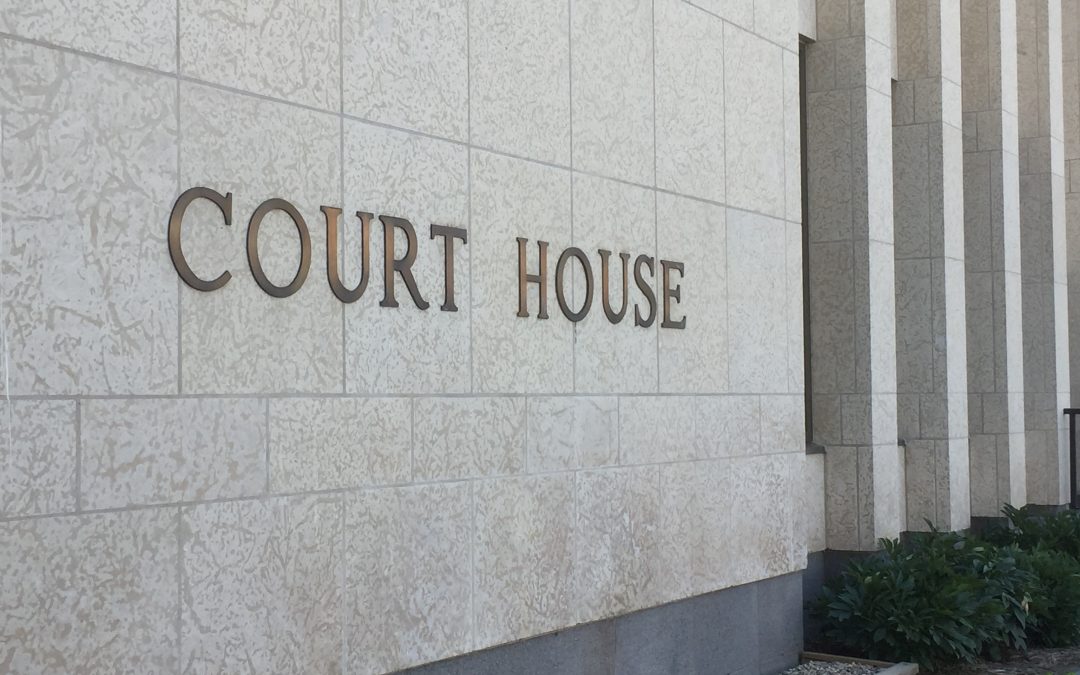By: Shari Narine, Local Journalism Initiative Reporter, Windspeaker.com
The Wabun Tribal Council is no longer seeking a temporary injunction to delay implementation of Bill C-53, federal legislation that will recognize Métis self-government in Ontario, Alberta and Saskatchewan.
Arguments were heard in Federal Court Aug. 8 and Aug. 9. An application for judicial review was filed by Wabun Tribal Council against the federal government in March challenging the Métis Nation of Ontario’s (MNO) self-government agreement with Canada.
“We may simply push for a hearing because we’re not permitted to tell our story deep enough when we’re in the injunction phases,” said Jason Batise, executive director of the council.
“I think the court really does need to hear our side of the tale fully, including the evidence that the Wabun Tribal Council and the Robinson Huron have been able to put together with respect to the Métis claim.”
The council comprises the six First Nations of Brunswick House, Chapleau Ojibwe, Flying Post, Matachewan, Mattagami, and Beaverhouse in Treaty 9 territory in northeastern Ontario.
Legal efforts are now focused on acquiring the material used by Canada to justify the federal government’s recognition of the Abitibi Inland Historic Métis Community as rights holders in Treaty 9 territory.
In order for a contemporary Métis community to possess section 35 rights it must have its roots in an identifiable historic Métis community that emerged prior to the time when Europeans established effective political and legal control in the area.
Abitibi Inland is one of six historic Métis communities recognized by the Ontario government in 2017. Those additional communities deviate from a 2018 Métis National Council map that shows the Métis Homeland, which includes only the Northwestern Ontario Métis Community along the Manitoba border.
Bill C-53 includes these additional six communities as falling under the umbrella of the MNO’s self-governance.
Batise says his council’s position has been strengthened by last week’s decision from the Ontario Court of Appeal in the Algonquins challenge of the Ontario government.
In a November 2022 hearing, the Algonquins argued, in part, that they should be able to take legal action against Ontario as the province had a duty to consult with and accommodate them before recognizing Killarney and Mattawa/Ottawa River Métis, located within unceded Algonquin territory, as historical Métis communities. Based on this recognition, the MNO issued harvester cards to its members living primarily in this area.
“Whether the Algonquins can prove that they are entitled to ‘deep consultation’ and the accommodation they claim, that the Crown breached its duty to consult and accommodate, and that the remedies they seek are appropriate, are matters not for a pleadings motion but for trial and, more hopefully, settlement negotiations,” wrote Justice Peter Lauwers for the three-judge panel in a unanimous decision released Aug. 17.
“I think the Ontario (Court of Appeal) in its wisdom has decided that you just can’t create a community out of thin air and overlay that on First Nations jurisdiction or First Nations traditional lands and expect that the First Nations aren’t going to have a say in that,” said Batise.
“And that’s essentially what we’re saying. In the far north…we’re not aware of any historic Métis community. We can’t find them. We don’t know where they are. Our Elders don’t speak of them. And so when they just sort of appear as a modern day existence, we don’t understand it in the context of Indigenous First Nations rights,” he said.
The MNO has research upholding the existence of the Abitibi Inland Historic Métis Community. The Wabun Tribal Council has research refuting MNO’s claims and research.
Citizens of the MNO are to be determined by the MNO, says MNO President Margaret Froh.
She says she’s willing to sit down with First Nations to explain “the facts of history (and) also the facts of those self-government agreements.”
She says earlier offers to meet with First Nations organizations in Ontario were turned down.
However, a resolution passed at the MNO’s annual general assembly Aug. 18 to Aug. 20 commits the MNO to engage with “willing First Nations” in dialogue and “potential arrangements.”
The five-page resolution entitled “Revitalizing Our Stories, Histories, Alliances and Relationships” includes a section on “rekindling and renewing” relationships with First Nations.
“I think (the resolution) is very timely. I think that it’s time well spent for us, especially now that we’ve completed some really big pieces, like getting to our self-government agreements,” said Froh.
Bill C-53 legislation, she says, is about “core governance areas” such as citizenship, how leaders are elected, how Métis govern themselves, and “that isn’t something that impacts anybody else.”
However, the legislation also provides a framework to implement future self-government agreements.
“Where there are future conversations with anything beyond that, there’s going to be dialogue. There’s going to be where the duty to consult is triggered. There will be consultation and all of those things will come forward in their time,” said Froh.
“At the point where there is talk about land, for example, there will be a process that provides for that,” she said.
What will flow from this first piece of legislation concerns Batise.
“I think when Ontario or Canada goes ahead and promises (Indigenous rights) to other people, it clearly has an impact on what we do and, ergo, we should absolutely have a say on it. In our opinion, in fact, we should have a veto or be able to restrict those things when we don’t believe that those rights are belonging to real Indigenous nations,” he said.
The Chiefs of Ontario are organizing a demonstration on Sept. 20 in Ottawa in opposition to Bill C-53. A similar rally was held in June pushing for a delay in introducing the bill. However, the bill was introduced just before the House of Commons rose for summer recess and it received first and second readings. Now it is scheduled to go to committee before being brought back for third and final reading.
